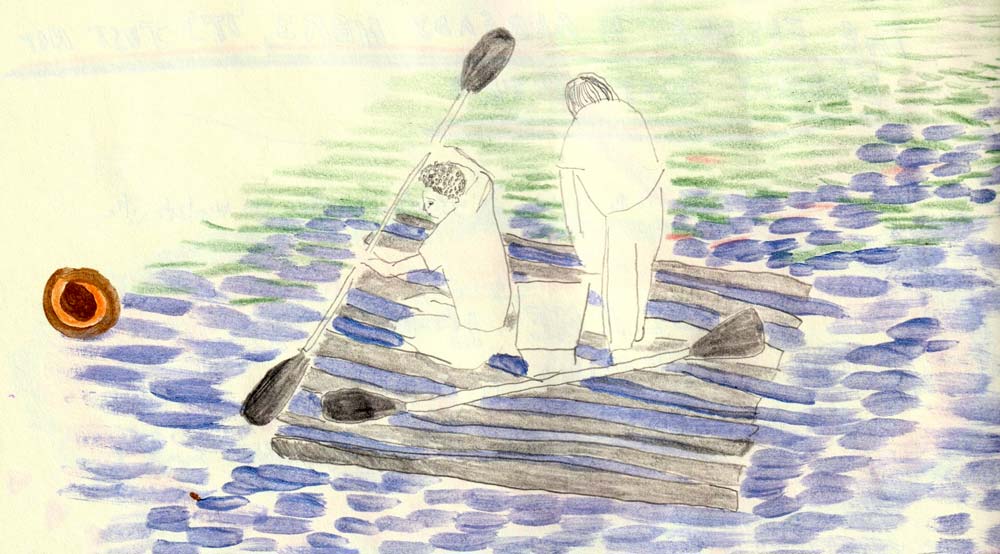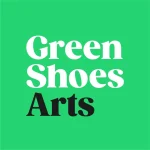Radio Ballads presented four bodies of work created through collaboration with social workers, carers, organisers, and residents. These explored stories of labour, and who cares for who and in what way.
Over three years, artists Sonia Boyce, Helen Cammock, Rory Pilgrim and Ilona Sagar were embedded in social care services and community settings in the London Borough of Barking and Dagenham. This exhibition, shown simultaneously at Serpentine North (31 March – 29 May 2022) and Barking Town Hall and Learning Centre (2-17 April 2022), presented new film commissions alongside paintings, drawings and contextual materials that shared each project’s collaborative research process.
During this period, artist Rory Pilgrim worked with Green Shoes Arts participants collaboratively to create artwork, with their work being included as part of the final exhibition.
In moments of change and transition what supports and keeps us afloat?
A raft is the most fragile vehicle of survival at sea or upon open water. Ancient as the formation of human language, its simplicity is still needed during urgent getaway or for crossing. From the Judaic/Islamic story of Noah’s Arc to the earth as a lonely life raft floating in space (during the awakening of the 20th century environmentalist movement), the symbol of the raft has often been that of the ultimate preserver of life.
Utilising different forms of storytelling, dialogue, movement, music and creative writing, people will explore ‘rafts’ in their lives while also contemplating what ‘rafts’ could be needed to navigate the future, especially in times of change and uncertainty.
Insert image
Taking this symbol as the central starting point, artist and composer Rory Pilgrim develops RAFTS as the second chapter from a body of performance, film and sonic work exploring the climate crisis. In the midst of immense change brought by the global Covid 19 pandemic, Pilgrim’s commission explores connections between work, mental health, home and care in a time of crises and the ongoing recovery needed. At a moment where a desperate course of action is needed over ten years, RAFTS attempts to do this by looking at the interconnections between our livelihoods and the support structures that enable us to live. While such urgent action is needed like a car throttling back on its brakes, the project places emphasis on the role of transition. With Barking and Dagenham itself experiencing increasing changes of industry, job creation and from social housing to increased privatisation, the project seeks to understand how we can look to embodied experiences of transition to help understand and take action in our current predicament. With the climate crisis threatening increased displacement, homelessness and our support structures, the project will focus on collaborating with those who have experienced migration, homelessness and redundancy/unemployment or are unable to work.
Over the period of the commission, Pilgrim will establish relationships with different groups and individuals including those from Green Shoes Arts, LBBD Hostel Services, Barking Dagenham Youth Dance, alongside Project Well Being based in Boise, Idaho, USA.
The RAFTS programme is commissioned by Serpentine Galleries in partnership with New Town Culture, and funded by Mayor of London as part of London Borough of Culture.
Radio Ballads
To mark the anniversary of the 1970 Equal Pay Act and the momentum for change created by the Dagenham Ford sewing machinists strike of 1968, Serpentine Galleries and the London Borough of Barking and Dagenham are partnering to develop a series of collaborative artist residencies and commissions that will examine the future and histories of work, called Radio Ballads.
The original Radio Ballads were produced by musicians Ewan MacColl and Peggy Seeger, working with radio producer Charlie Parker to make a series for the BBC, focussing on workers’ experiences and issues. The original series of eight one-hour Radio Ballads revolutionised radio documentary and were broadcast by the BBC from 1957–64. A combination of song, music, sound effect and recorded voice, each Radio Ballad presented a view on the working lives of British people.
The commissioned artists: Sonia Boyce, Helen Cammock, Rory Pilgrim and Ilona Sagar.
Rory Pilgrim
Rory Pilgrim (Bristol, 1988) works in a wide range of media including songwriting, composing music, film, music video, text, drawing and live performances. Centred on emancipatory concerns, Pilgrim aims to challenge the nature of how we come together, speak, listen and strive for social change through sharing and voicing personal experience. Strongly influenced by the origins of activist, feminist and socially engaged art, Pilgrim works with others through a different methods of dialogue, collaboration and workshops. In an age of increasing technological interaction, Rory’s work creates connections between activism, spirituality, music and how we form community locally and globally from both beyond and behind our screens. Solo Shows include: Between Bridges, Berlin (2019) Andriesse-Eyck Gallery, Amsterdam NL (2018), South London Gallery (2018), Rowing, London (2017), Plymouth Art Centre, Plymouth (2017), Flat Time House, London (2016), Site Gallery, Sheffield (2016) and sic! Raum für Kunst, Luzern CH (2014). In 2019, Pilgrim was the winner of the Prix de Rome.
Image used, RAFTs development sketchbook drawing, 2019, courtesy of Rory Pilgrim. Festival artwork courtesy of The Public Art Company.
Insert funder logos





